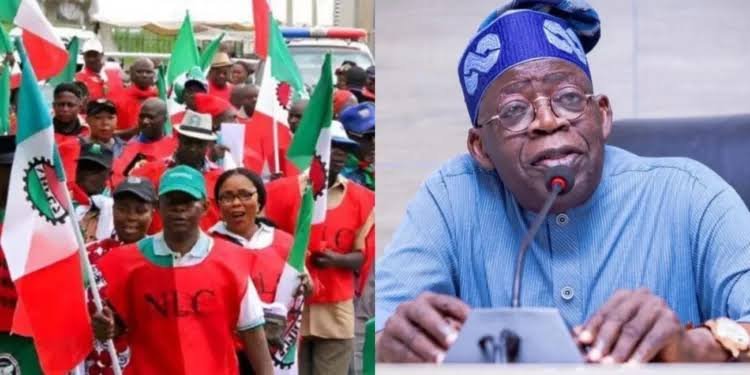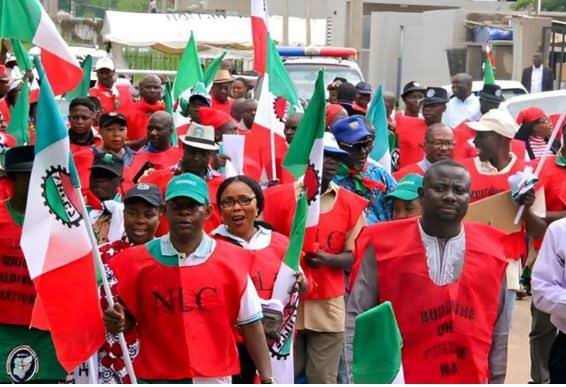The Nigeria Labour Congress (NLC), Trade Union Congress (TUC), and Academic Staff Union of Universities (ASUU) announced an indefinite nationwide strike in protest of the NLC chairman's beating, government policies, and the high cost of living. The recent strike by the NLC and TUC has constituted another wave of industrial action that Nigeria is witnessing. The strike, which started on Tuesday, November 14, 2023, has had an impact on a number of societal and economic sectors, including banking, education, healthcare, electricity, and transportation.
Teachers and other staff members have joined the strike; one of the most noticeable effects of the walkout has been the closing of public schools across the nation. Exams are scheduled to begin this month at government-owned schools, which means that millions of students who attend those institutions have been ordered home and are losing out on their education. Given that this isn't the first time Nigeria is experiencing such interruptions on the academic calendar, most parents have expressed their dissatisfaction and concern for their kids' futures.
In actuality, the periodic strikes by the Academic Staff Union of Institutions (ASUU), which represents professors in public institutions, have caused many hardships for students in public schools in recent years. ASUU has gone on strike for several months at various points in order to demand improved financing, working conditions, and university autonomy. The most recent ASUU strike lasted for almost 10 months, from February to October 2022, and caused a lot of academic and psychological issues for both our parents and us students.
Some of the students who were interviewed claimed that the ASUU strike was a total waste of time and that nothing was accomplished. They claimed that they fell behind their contemporaries at private universities, polytechnics, and colleges who graduated and went on with their lives.
Furthermore, the current TUC and NLC strike is probably going to make things worse for students in public schools, as they will have to stay at home for an unknown period of time, and there is no guarantee that their teachers will soon return to work. The strike will also affect their preparation for exams, such as the Unified Tertiary Matriculation Examination (UTME) and the West African Examination Council (WAEC), though early this morning the NLC announced that the strike has been suspended for 30 days. This does not imply that the issue at hand has been resolved, and just like me, many other Nigerian students continue to worry that the strike will disrupt our academic schedules once more.
The NLC and TUC have threatened not to call off the strike until the Nigerian government meets their demands, which include reversing the removal of the petrol subsidy that was done earlier this year, implementing the 2009 agreement with ASUU, lowering the value-added tax (VAT), and increasing the minimum wage. On the other hand, the Nigerian government has stated that it cannot afford to accede to these demands because doing so would only worsen the country's already dire economic circumstances and pile on more debt. The Nigerian government has also urged the unions to continue dialogue and negotiation instead of resorting to strikes, which would be detrimental to both the Nigerian economy and the general public.
We pray and hope that both parties will find common ground and resolve their differences amicably, in the interest of the nation and its citizens. The strike is not a solution but a problem; it will only make things worse for us young people, who are this nation's future.
Thanks for reading till the end.


